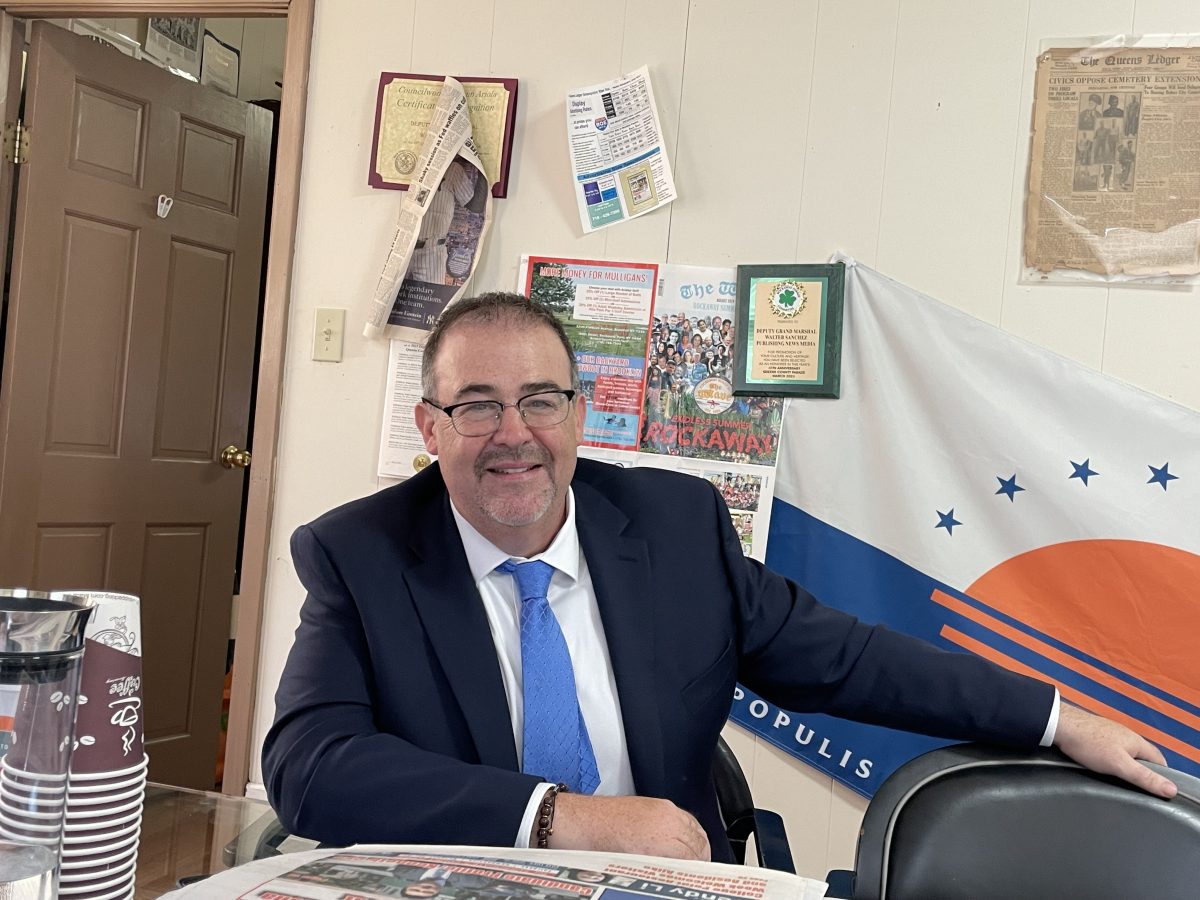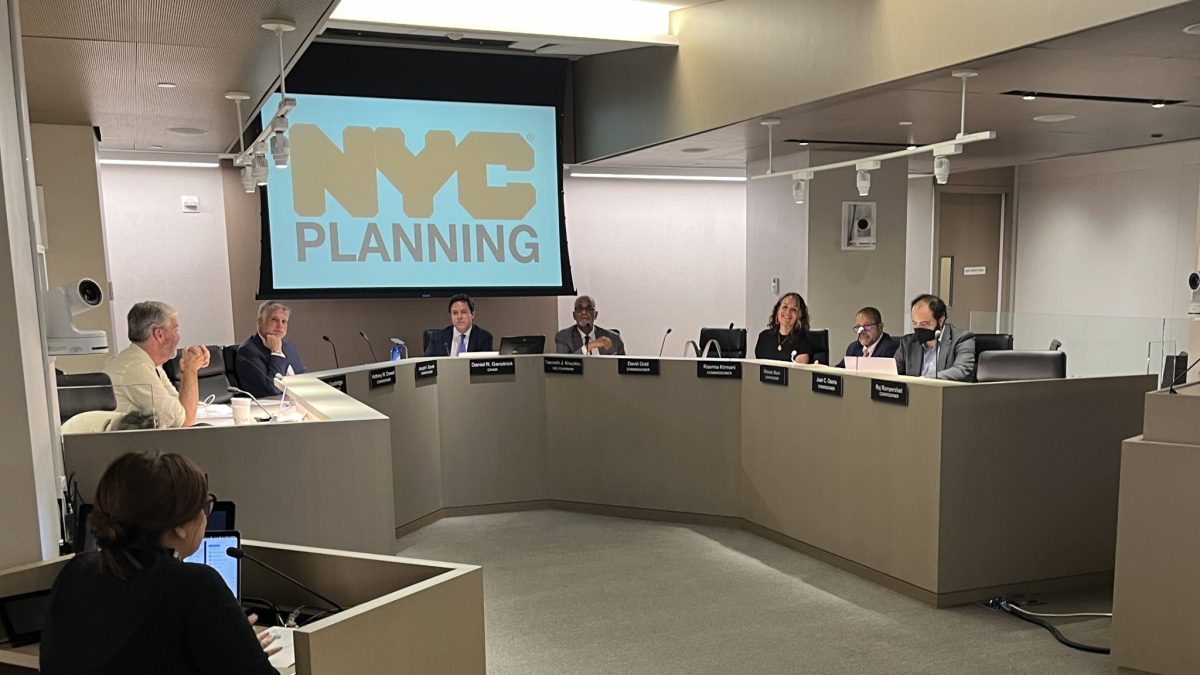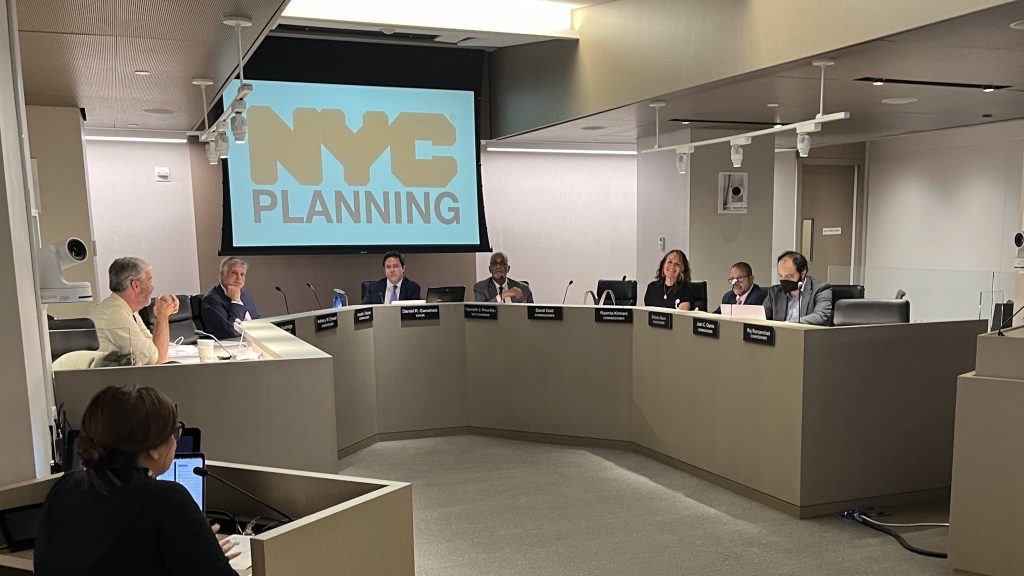Dermot Smyth Declares Candidacy for District 30 Seat
By Mohamed Farghaly | mfarghaly@queensledger.com
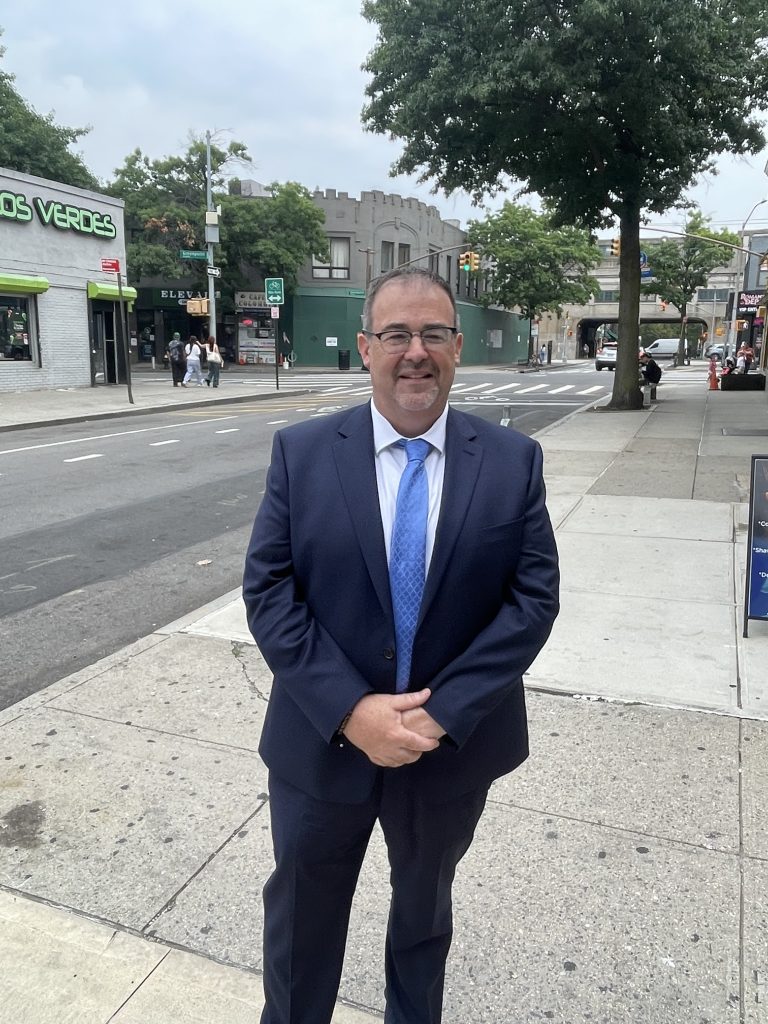
Dermot Smyth, an advocate for education and community empowerment, contends in the upcoming district 30 election.
Dermot Smyth, a passionate advocate for education and community empowerment, emerges as a formidable contender in the upcoming district 30 election for Council Member Robert Holden’s seat.
With a robust background in education policy and a deep- seated commitment to improving local schools, Smyth’s campaign resonates with voters seeking substantial reforms in the education sector.
Smyth, a Democrat and newcomer to the political arena, emerges with a unique blend of experience and a deep-rooted commitment to community service. Born to Irish immigrant parents who sought a better life in America, Smyth was inspired by their spirit of hard work and determination.
His father’s journey to citizenship resonates strongly with him, shaping his belief in the importance of inclusive policies and opportunities for all. Currently residing in Middle Village, Smyth has been an integral part of the district for three decades, deeply embedded in its fabric long before his political aspirations took flight. Smyth, a dedicated father, has two children: a 30-year-old daughter and a 17-year-old son.
Smyth’s professional journey is equally diverse. Starting as a janitor, Smyth witnessed firsthand the challenges and triumphs of local schools in the late 1980s and early 1990s. Initially trained as a teacher with a degree in history from Queens College, he found his calling in education, passionately shaping young minds for years. His tenure as an educator instilled in him a profound understanding of the challenges facing both students and teachers, fueling his drive for educational reform.
In a roundtable with the Queens Ledger, Smyth emphasized the critical role of public schools in shaping the community fabric.
“Education is extremely, extremely important to me,” Smyth said. “I’ve been a teacher, I’ve worked in the education space for 25 years now. Education is my number one priority because our kids matter.”
Transitioning into the political sphere, Smyth honed his advocacy skills at his current position with the United Federation of Teachers (UFT) as Political Coordinator, where he tirelessly fights for better resources and support for educators. His grassroots approach and firsthand knowledge of educational issues distinguish him from other candidates, underlining his commitment to improving educational standards and opportunities for every child.
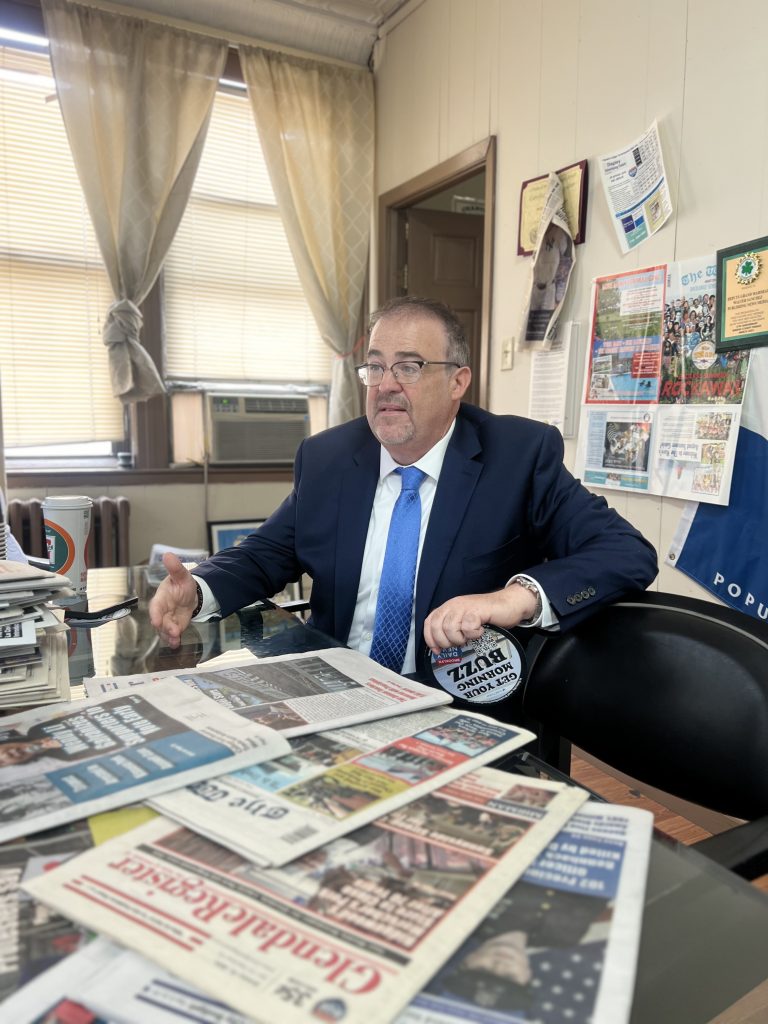
Smyth’s diverse experience and deep ties to the community underscore his platform for inclusive policies and community development.
Smyth’s stance on education policy is nuanced, reflecting a broad understanding of the challenges facing both public and charter schools. He acknowledges the achievements of charter schools but is wary of their potential impact on traditional public schools, especially those in underserved communities.
Smyth’s primary focus remains on education, aiming to overhaul curriculum standards, enhance teacher training, and expand access to technology in schools. Additionally, he plans to champion small businesses, advocating for policies that support local entrepreneurs and stimulate economic growth within the district.
Central to Smyth’s platform is his support for community schools, a model he believes can bridge educational gaps and serve as community hubs beyond school hours. His endorsement of community schools aligns with his vision of community development, where schools play a pivotal role in neighborhood cohesion and support.
Beyond education, Smyth is vocal on various community issues, including housing affordability and neighborhood preservation. He highlights the plight of residents forced to move further away due to rising costs, advocating for policies that enable families to stay rooted in their communities.
“The issues here actually carry over across the city,” Smyth said. “Affordability in neighborhoods is everywhere, and it’s overcrowded. There’s school overcrowding. These are issues that have to be addressed, and I’m looking forward to working with community leaders and elected officials and the city administration to make sure all of these issues are addressed.”
Throughout his campaign, Smyth emphasizes transparency and community engagement “It’s sugar coating crime that certain crimes are allowed and should be tolerated as a way of people surviving,” Smyth said. “And we’re a nation of laws. We’re a nation of laws, and if you start undermining that, or whittling away at them, it undermines the fabric of what this country is.”
While acknowledging his limited visibility in traditional community boards, he asserts that effective leadership transcends boardroom politics.
“Politics has gotten very, very toxic the way we have a conversation about it,” Smyth said. “People can disagree, you can have ideas and have different ideas, and that’s the way it should be.”
Looking ahead, Smyth envisions a district where every child has access to quality education, families can afford to live and thrive, and communities are empowered to shape their own futures. His candidacy represents a call for inclusive leadership and pragmatic solutions to the district’s most pressing challenges.
Dermot Smyth’s candidacy has garnered support from prominent figures, including Queens Borough President Donovan Richards, Congressman Tom Suozzi, Assemblyman Andrew Hevesi, and UFT President Michael Mulgrew.
“Having known and worked with Dermot over many years in his role with the UFT, I have seen first-hand his ability to work with a variety of elected officials, city agencies, and community stakeholders, to make sure the issues advocated for were moved in the right direction,” Queens Borough President Donovan Richards said. “His knowledge of city government, and his vast experience working with leaders across the borough and city, make him the very best candidate to take on this role in the city council. I look forward to supporting Dermot in this race and working with him once elected.”
Smyth aims to represent a fresh voice in local politics, grounded in a rich tapestry of personal and professional experiences. His candidacy symbolizes a blend of passion for education, advocacy for community interests, and a commitment to inclusive, sustainable growth for all residents of the district.

